
Ask an Expert: Your Burning Questions on Startup Product Development
Learn the basics of startup product development, from prototyping to scaling, with expert tips from YC-alum Sinan Sari, CTO at Horizon Labs.
Every startup founder reaches that pivotal moment where they need to turn an idea into a product. That’s where product development comes into play. Whether you're building a marketplace or an AI tool, understanding the product development process is critical. As a co-founder and CTO who has built and scaled multiple startups, I've seen firsthand the challenges founders face when trying to develop a product while juggling everything else a startup requires.
In this article, I’ll answer your burning questions on startup product development—from prototyping and MVPs to scaling your engineering team—based on my years of experience with Horizon Labs, where we’ve helped numerous startups, including those backed by Y Combinator, build high-quality products quickly and affordably.
What’s the First Step in Product Development?
Why Start With Prototyping?
When you’re starting from scratch, you don’t want to pour time and money into building something you’re not even sure people want. That’s why the first step in product development should be prototyping. Prototyping allows you to quickly create a visual or interactive model of your product idea to gather feedback from potential users. It helps you validate your concept before investing in full development.
At Horizon Labs, we specialize in creating interactive prototypes that simulate user experiences. Whether it’s wireframes or clickable demos, these prototypes provide you with real user feedback so you can refine your product before writing a single line of code. Trust me, this early-stage validation is crucial.
How Does an MVP Differ From a Prototype?
A prototype is a rough draft—a way to test an idea. But once you have user feedback and are confident about the direction, it’s time to build a Minimum Viable Product (MVP). An MVP is the simplest version of your product that solves your users' core problem. It’s functional and real but without all the bells and whistles you may envision for the final product.
The goal with an MVP is to launch quickly and learn even faster. In the early days at Cuboh (YC S19), I didn’t wait to add every feature we dreamed of. Instead, we launched with the essentials and let users guide our next steps. This helped us avoid spending months on features that users didn’t care about. Focus on solving one problem well, and you’ll gain invaluable insights from your early adopters.
When Should I Consider Custom Development?
There comes a point when your product needs to go beyond an MVP. Whether you’re ready to scale or your needs have outgrown off-the-shelf solutions, custom development is the answer. Custom development means building software specifically tailored to your startup’s needs, ensuring your product is unique and scalable.
With Horizon Labs, we’ve seen startups from healthtech to e-commerce take that leap into custom software. For example, we worked with Yura Health to develop their MVP as a fractional CTO, which allowed them to test their concept and then expand with more robust features as they gained traction. Custom development offers flexibility but also requires the right engineering team to execute it efficiently.
How Do I Build a Strong Engineering Team Without Breaking the Bank?
What is Staff Augmentation?
As a startup, you may not have the budget to hire a full in-house engineering team. This is where staff augmentation comes in handy. You can bring in specialized talent on an as-needed basis, filling gaps in your current team without the long-term commitment of hiring full-time employees. It’s a scalable and cost-effective way to get the technical expertise you need.
At Horizon Labs, we often work with startups that need engineering support but don’t have the budget for full-time hires. Our team can integrate with your current structure, providing high-quality development services with both on-shore and off-shore talent. Plus, if the freelancer proves invaluable, we’re happy to help facilitate a full-time hire down the line.
What Are the Key Roles in a Tech Team?
Building a strong tech team is about more than just finding talented developers. It’s important to identify the right mix of skills to support your product’s lifecycle. Typically, you’ll need a product manager, frontend and backend developers, and someone who understands DevOps.
For example, at Horizon Labs, our team includes developers with specialized skills in areas like Kubernetes, OpenAI, and cloud deployment. Depending on your product, you may need niche expertise, especially if you’re in areas like AI or machine learning. But remember, good communication and alignment on goals are just as important as technical skills.
How Can I Ensure My Product Is Ready for Scale?
Scaling a product isn’t just about adding more users; it’s about ensuring your architecture can handle that growth. One mistake I’ve seen many startups make is waiting too long to think about scaling. This can lead to major headaches when your user base starts to grow and your platform can’t keep up.
At Horizon Labs, we work with startups to ensure they have the infrastructure in place to scale from the start. For instance, with Arketa (YC S20), we helped containerize their codebase and build a dev-ops pipeline that made it easy for them to scale their SaaS platform. This allowed them to move fast without worrying about their backend buckling under pressure.
If you’re planning to grow quickly, think about scalability from day one. This includes choosing the right database, setting up automated testing, and ensuring you have a cloud infrastructure that can expand as your user base does.
How Do I Avoid Common Pitfalls in Startup Product Development?
What Are the Biggest Mistakes Early-Stage Founders Make?
It’s easy to get caught up in the excitement of building your product, but there are a few common mistakes that can derail even the most promising startups:
- Overbuilding Early On: Many founders think they need to build every feature they can imagine before launching. But in reality, overbuilding can waste valuable time and resources. Start with the basics, gather feedback, and iterate from there.
- Neglecting User Feedback: Your early users are gold. They’ll tell you what’s working and what’s not. Ignoring their feedback can lead to a product that doesn’t solve real problems.
- Failing to Prioritize Scalability: If your product can’t scale, it can limit your growth potential. As I mentioned earlier, thinking about scalability from the start is key. Even if your initial user base is small, building a scalable foundation will save you from painful overhauls down the road.
- Not Focusing on the Right Metrics: It’s tempting to measure success by vanity metrics like downloads or signups, but the real metrics that matter are engagement, retention, and revenue. Make sure you’re tracking the numbers that tell the full story.
How Can I Stay on Track and Avoid Burnout?
Building a startup is a marathon, not a sprint, and it’s easy to feel overwhelmed by the sheer amount of work that needs to be done. As a founder, it’s essential to stay focused on the key objectives that drive growth and to avoid getting lost in the weeds.
Here’s what has worked for me:
- Break Down Big Tasks: Large tasks can feel daunting. Break them down into smaller, actionable steps, and tackle them one at a time.
- Delegate Where You Can: You can’t do it all. Whether it’s finding a co-founder or working with a product development partner like Horizon Labs, find experts to help you move faster and focus on what you do best.
- Prioritize Self-Care: It’s easy to let work take over your life, but burnout is real. Prioritize rest, exercise, and time away from the business to recharge.
How Can Horizon Labs Help My Startup?
As a startup founder, I understand the challenges of bringing a product from idea to reality. At Horizon Labs, we’ve built a team of experienced engineers, product managers, and tech leads who know what it takes to build high-quality, scalable products quickly. Whether you need help with prototyping, custom development, or augmenting your engineering team, we’ve got the expertise and track record to get the job done.
Our clients—ranging from early-stage startups to companies in Y Combinator—trust us to deliver, because we don’t just write code; we become your strategic tech partner. We’re here to help you navigate the complexities of product development without breaking the bank.
If you’re ready to take your startup to the next level, contact us at info@horizon-labs.co or schedule a free consultation at https://www.horizon-labs.co/contact. Let’s build something amazing together.
Frequently Asked Questions (FAQs) about Startup Product Development:
Q: How do I know if my startup is ready for product development?
A: If you’ve validated your idea with potential users and gathered enough feedback to identify the core features your product needs, you’re ready to start the product development process. A common mistake is starting too early before truly understanding what your users want. Early feedback helps shape an MVP that solves real problems, rather than a product built on assumptions.
Q: What’s the best way to manage a product development timeline for a startup?
A: Start by creating a realistic development roadmap, breaking it down into phases—prototyping, MVP, and full product. Set short, achievable milestones rather than trying to accomplish everything at once. Using Agile methodologies, with regular sprints and check-ins, helps keep the project on track while allowing room for flexibility if priorities shift or unexpected challenges arise.
Q: How can I manage the costs of product development as a startup founder?
A: One way to manage costs is by focusing on the core functionalities of your product first. Avoid building unnecessary features, especially in the early stages. You can also use a combination of in-house and outsourced development talent. Horizon Labs, for example, offers staff augmentation, allowing you to bring in top-tier engineers on a project basis without the financial burden of full-time hires.
Q: How do I decide between outsourcing product development or building an in-house team?
A: This depends on your startup’s current resources and long-term goals. Outsourcing product development can be more cost-effective for early-stage startups that lack the budget for a full in-house team. It also allows you to tap into specialized expertise quickly. However, if product development is core to your startup’s long-term strategy, gradually building an in-house team might make sense as you scale.
Q: What role does user feedback play during product development?
A: User feedback is invaluable at every stage of product development. In the prototyping phase, feedback helps validate your product idea. Once you have an MVP, feedback helps guide iterations and improvements. In fact, some of the best products evolve through continuous user input, which ensures that you’re always aligned with market needs and solving real problems.
Q: What’s the best way to prioritize features during product development?
A: The best approach is to start by solving the most critical problems your users face. Make a list of features, and rank them based on user demand, impact on user experience, and feasibility. It's easy to get carried away with adding “nice-to-have” features, but focus on what will bring the most value to your users right now. Using the MoSCoW method (Must have, Should have, Could have, Won’t have) can help prioritize features effectively.
Q: How do I ensure my product is secure during development?
A: Security should be a priority from day one. As a startup founder, work closely with your engineering team to ensure best practices are followed—like encryption, secure authentication methods, and regular security audits. This is especially important for healthtech or fintech startups, where data privacy regulations are strict. Engaging experts in security, either in-house or through partners like Horizon Labs, can help safeguard your product from the start.
Q: How can I measure the success of my product once it’s live?
A: Success metrics will depend on your product’s goals, but some key performance indicators (KPIs) include user engagement, customer retention, feature usage, and revenue growth. Analytics tools can help track these metrics, providing insights into how users interact with your product and where improvements can be made. Feedback loops are also crucial, allowing you to continuously improve the product based on real-world data.
Q: What are some tools I should use during the product development process?
A: There are many tools to assist with various stages of product development. For project management and communication, tools like Jira, Trello, or Asana work well. For prototyping and design, Figma and Sketch are popular. For development, depending on your tech stack, GitHub for version control and Docker for containerization are common choices. Finally, cloud platforms like AWS or Google Cloud help ensure your infrastructure can scale as needed.
Q: What should I expect when working with a product development partner like Horizon Labs?
A: Working with a product development partner should feel like an extension of your team. At Horizon Labs, we integrate with your workflow, offering strategic guidance, engineering support, and rapid prototyping. You can expect transparent communication, clear timelines, and a collaborative approach that focuses on getting your product to market quickly, without compromising on quality.
Q: How long does the product development process typically take for a startup?
A: The timeline for product development can vary greatly depending on the complexity of your product and how quickly you can gather feedback and iterate. A simple MVP might take anywhere from 3 to 6 months to develop, while more complex products with multiple features could take longer. Working with a dedicated product development partner like Horizon Labs can often speed up the process due to their experience and resources.
Q: What’s the difference between Agile and Waterfall development, and which one should my startup use?
A: Agile and Waterfall are two different approaches to product development. Waterfall is a linear method where each stage must be completed before moving to the next. Agile, on the other hand, is iterative and allows for more flexibility and continuous feedback throughout the process. For startups, Agile is often the preferred choice because it allows for faster iterations, quick pivots based on feedback, and adaptability as you discover new insights.
Q: How do I balance speed and quality during product development?
A: Balancing speed and quality is one of the toughest challenges in product development. You want to get to market quickly, but you also want to ensure you’re building something that users will trust and love. The key is to prioritize the most critical features for your MVP and get user feedback as soon as possible. This allows you to release a functional product while continuously improving based on real-world usage. A partner like Horizon Labs can help ensure that you’re not sacrificing quality for speed by focusing on scalable, well-architected solutions from the start.
Q: What kind of documentation should I maintain during the development process?
A: Proper documentation is essential for both the current and future development of your product. At a minimum, you should have technical documentation that outlines your product architecture, APIs, and databases. User stories, design guidelines, and testing plans should also be documented to ensure consistency. If you’re working with an external partner like Horizon Labs, clear and detailed documentation makes it easier for anyone to pick up where the last team left off, ensuring smooth transitions and updates.
Q: How important is user testing before launching a product?
A: User testing is critical before launching your product. It helps ensure that your product meets the needs of your target audience and works as intended. User testing can uncover bugs, usability issues, and areas of improvement that you may have overlooked. Ideally, you should conduct several rounds of testing throughout the development process, starting with your prototype and continuing through your MVP. The feedback you receive will be invaluable in creating a product that resonates with your users.
Q: How do I determine the right tech stack for my startup’s product?
A: Choosing the right tech stack depends on your product’s requirements, your team’s expertise, and your long-term goals. For example, if you're building a web app, you'll need to choose a front-end framework (e.g., React or Angular), a back-end framework (e.g., Node.js or Django), and a database (e.g., PostgreSQL or MongoDB). Your choice will impact the product's performance, scalability, and development speed. If you’re unsure which stack is best for your startup, a partner like Horizon Labs can guide you through the decision process, recommending technologies that align with your business needs.
Q: What should I do if I realize mid-development that I need to pivot my product?
A: Pivoting during product development can happen for many reasons—maybe user feedback has shifted your priorities, or market conditions have changed. The key is to stay flexible and not be afraid to make adjustments. Agile development methodologies are particularly helpful in these situations because they allow you to incorporate changes without starting from scratch. Communicate clearly with your development team and ensure that everyone understands the new direction to avoid confusion. At Horizon Labs, we often work with startups to realign their product strategy mid-development to keep them on track with changing market demands.
Q: What does a post-launch product development strategy look like?
A: After launching, the product development process doesn’t stop. Post-launch development focuses on gathering user feedback, addressing any bugs or issues that arise, and releasing new features that users are requesting. It’s crucial to have a plan in place for continuous improvement, whether that’s through regular updates, new feature rollouts, or performance optimizations. Working with a product partner like Horizon Labs ensures that you’re not only launching a successful product but also maintaining and improving it to meet evolving user needs.
Q: How do I ensure my product development stays aligned with my startup's business goals?
A: One of the biggest risks in product development is losing sight of your business goals as you get deeper into technical details. Regularly revisit your business objectives, customer pain points, and the core problem your product solves. Ensure that every new feature or technical decision is aligned with driving value for your users and growing your startup. At Horizon Labs, we make sure that every development decision we make is tied back to your business goals, helping you create a product that drives real impact.
Need Developers?
We help companies build ideas into apps their customers will love (without the engineering headaches).
















For Startups & Founders
We've been founders ourselves and know how valuable the right communities, tools, and network can be, especially when bootstrapped. Here are a few that we recommend.

Mistakes to Avoid When Building Your First Product
Learn the key mistakes founders make when building their first product—and how to avoid them for a faster, smoother launch.
Read more
The Rise of AI in Product Development: What Startups Need to Know
Learn how AI is transforming product development for startups. From MVPs to scaling, here’s what founders need to know in today’s AI-driven world.
Read more
No-Code vs. Custom Development: Which is Right for Your Startup?
Weighing no-code vs. custom development? Learn which is right for your startup depending on stage, budget, and product complexity.
Read more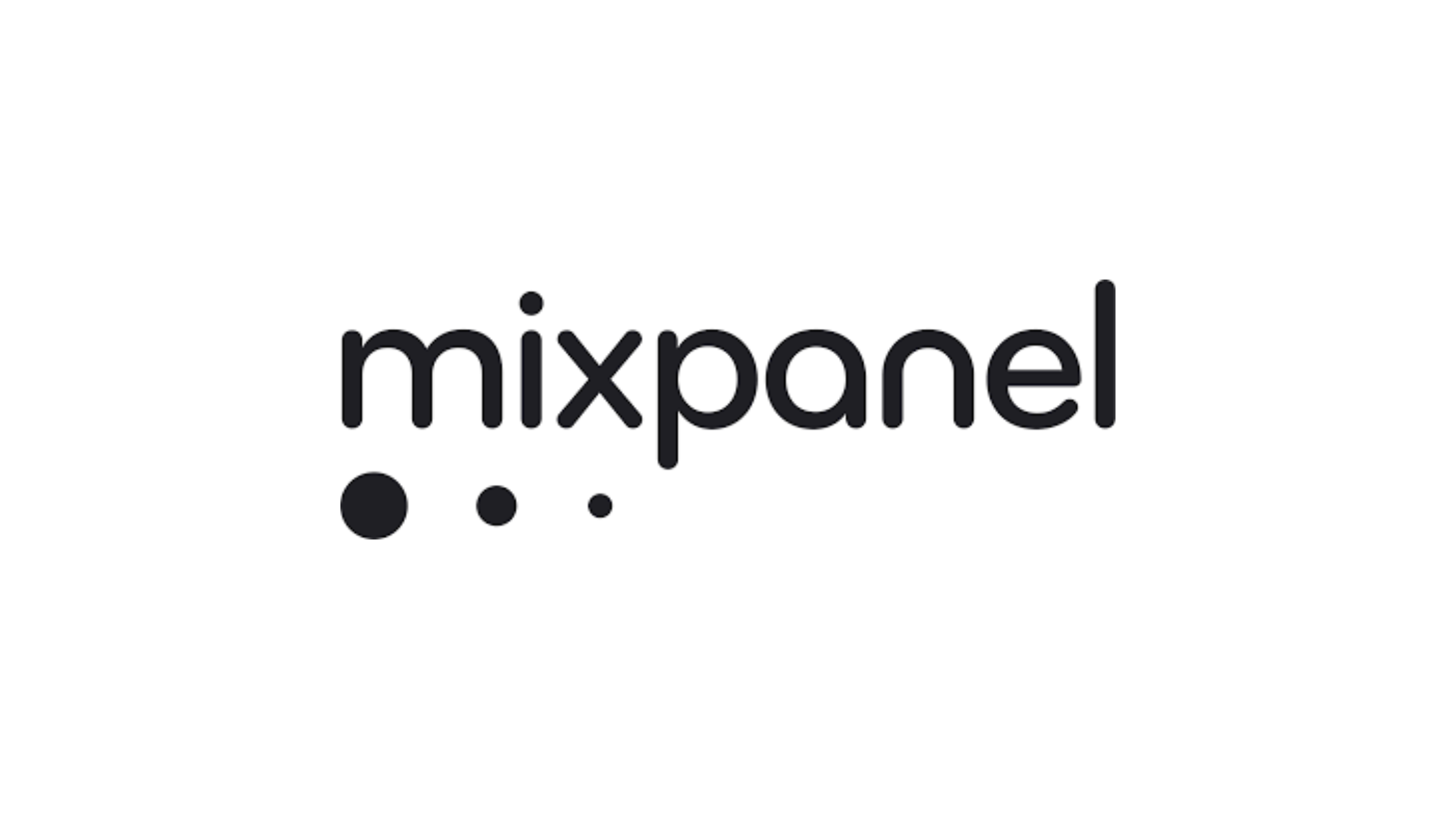
What is Mixpanel?
Learn how Mixpanel helps startups track user behavior to improve products and accelerate growth with clear data-driven insights.
Read more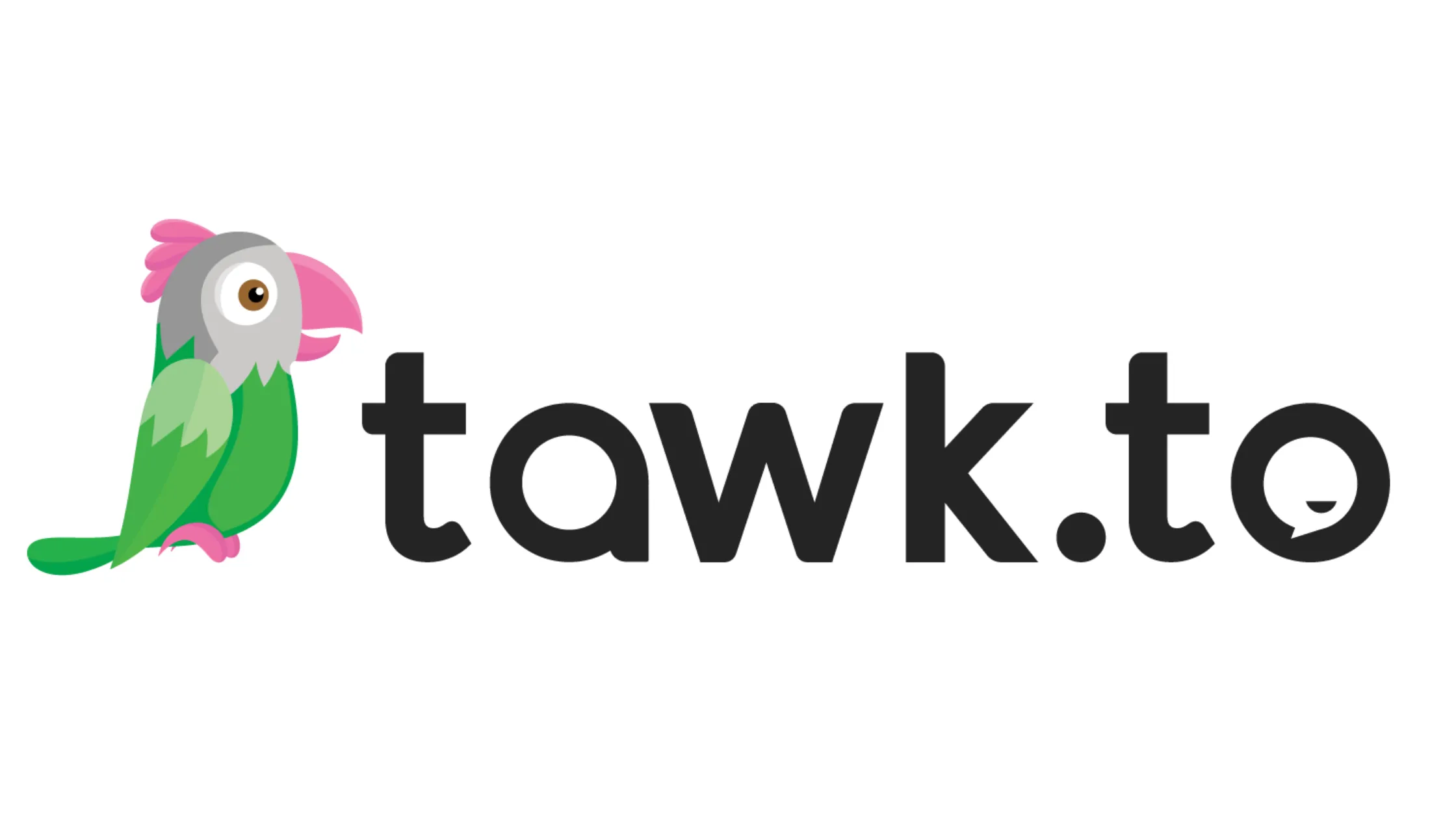
How Tawk.to Can Boost Your Startup’s Customer Support Game
Learn how Tawk.to can benefit startups by enhancing customer support and engagement. Perfect for early-stage founders!
Read more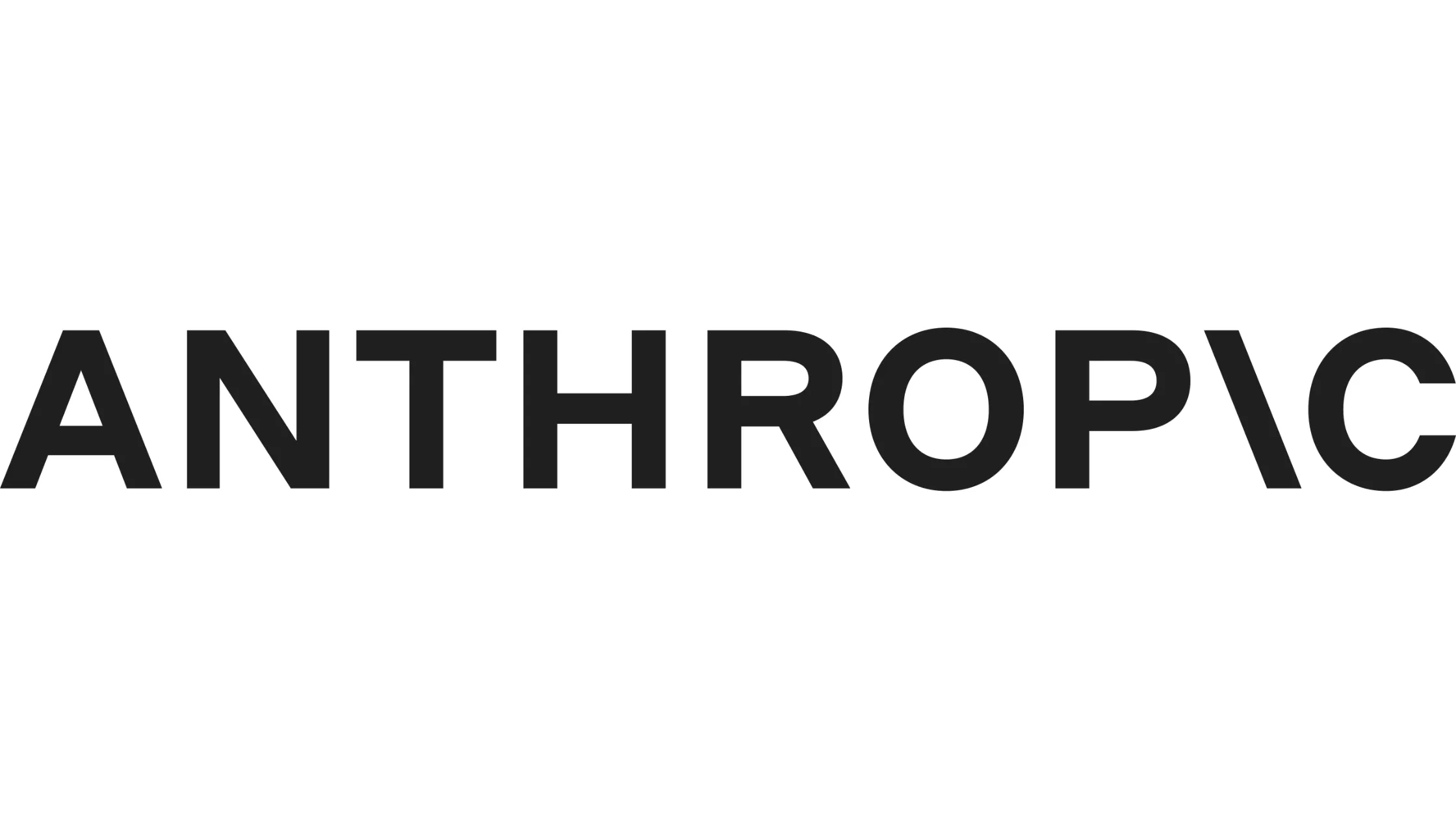
Grow Your Startup With Anthropic's AI-Powered Tools
Discover how Anthropic's cutting-edge AI tools can accelerate your startup's success. Learn about their benefits and see why they can be trusted by startups.
Read more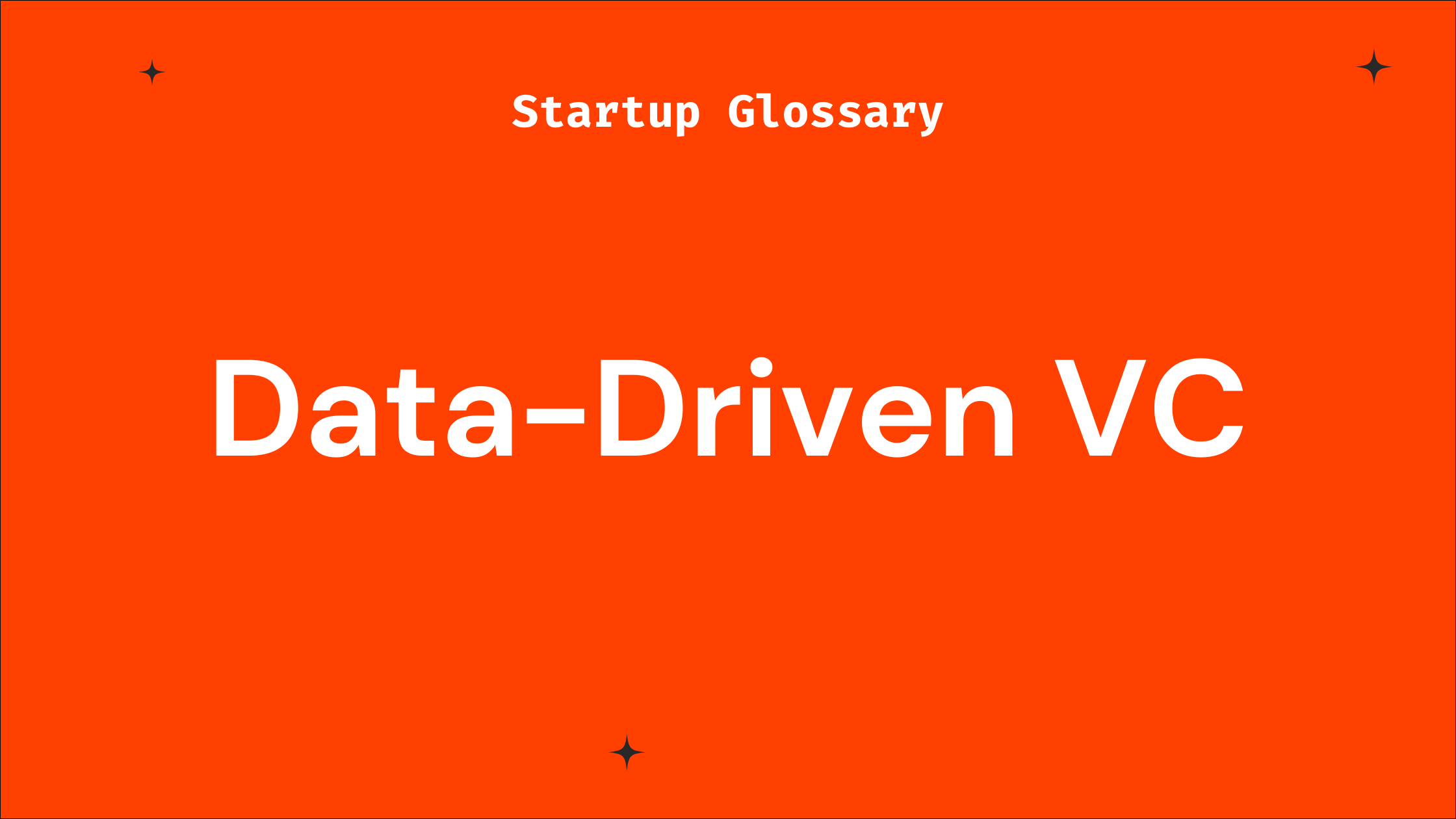
What is Data-Driven VC?
Learn what a data-driven VC means and how such investors can benefit your startup’s growth and fundraising journey.
Read more
What is Blockchain?
A beginner-friendly guide on blockchain for startup founders, covering key concepts, benefits, challenges, and how to leverage it effectively.
Read more
What is Cybersecurity?
Learn cybersecurity basics tailored for startup founders. Understand key risks, best practices, and how to protect your startup from tech threats.
Read more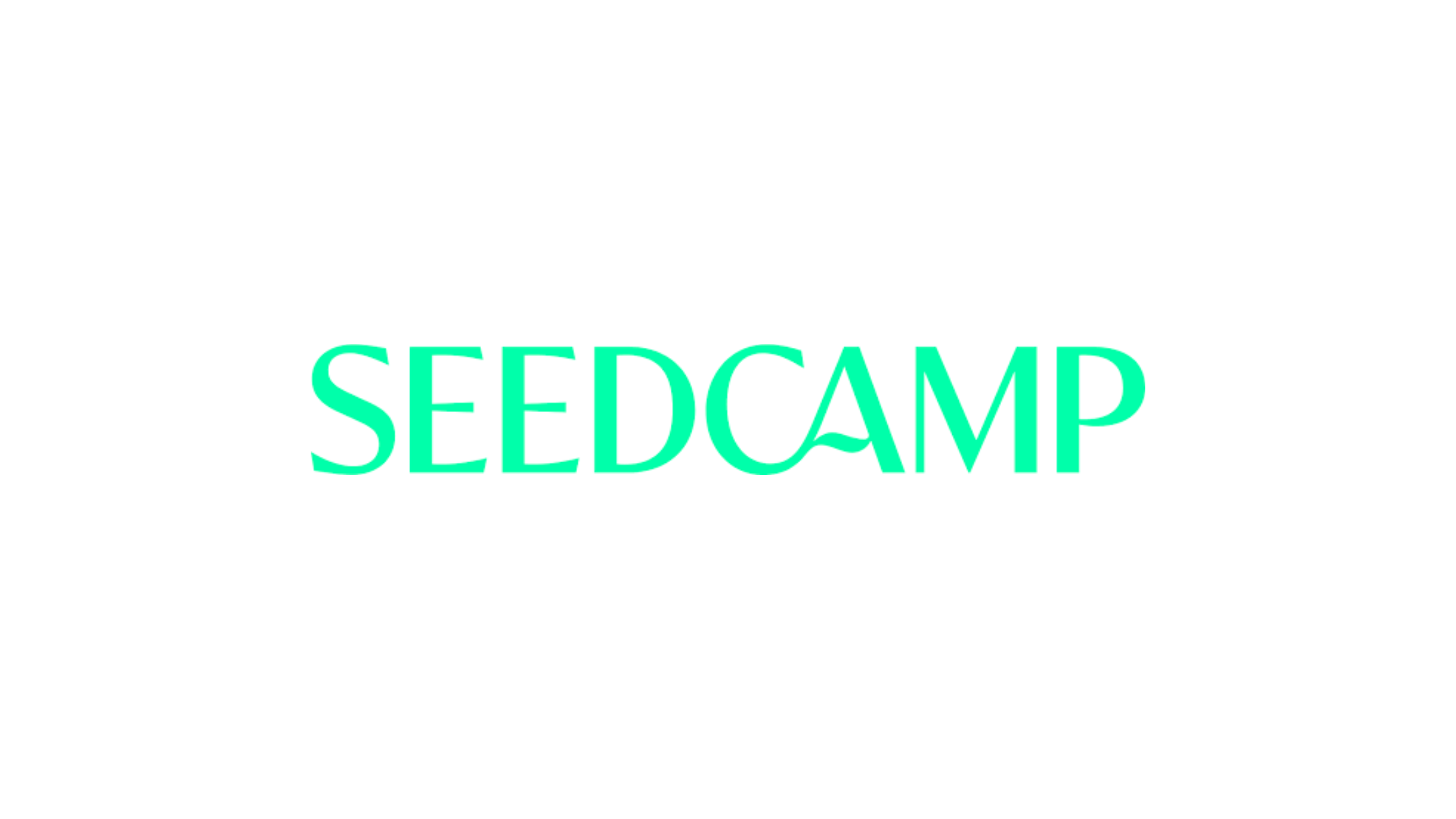
What is Seedcamp?
Learn what Seedcamp is, how its European seed fund and accelerator program work, and how founders can use its capital, mentorship, and network to scale their st
Read more
What is AngelList?
AngelList is a prime platform connecting startup founders to investors, talent, and resources to accelerate early-stage growth.
Read more
What is 500 Startups?
Learn what 500 Startups (now 500 Global) is, how its accelerator and seed fund work, and when founders should consider it—plus tips for early-stage startups.
Read more.png)